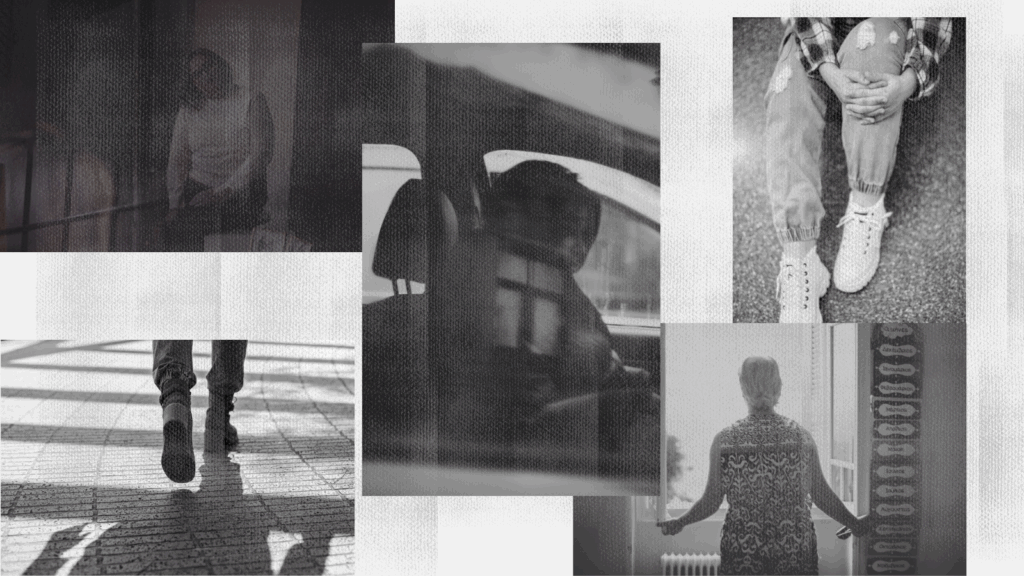At the Deacon Foundation’s Hospice, a pioneering research project is exploring the use of virtual reality (VR) glasses as a supplement to alleviate pain and anxiety in palliative care patients. Led by Professor Hanne Konradsen, the project aims to uncover the profound effects of VR in mitigating suffering. With a significant percentage of patients experiencing pain, alternative methods like VR offer promising relief without unwanted side effects.
By wearing VR glasses and controlling the experience through a remote, patients are transported to immersive landscapes, such as underwater realms or iconic cityscapes. These virtual escapes provide a respite from the challenges of their physical reality, offering transformative and captivating experiences.
Helle Tingrupp, the hospice manager, sees VR as a valuable addition to their comprehensive care approach, augmenting the compassion delivered by the hospice staff. The hospice embraces research projects that promise lasting benefits for patients, recognizing the importance of human connection.
Kirstine Mia Stenild, a research assistant on the project, shares the excitement of patients participating in this trial. They are motivated to enhance the well-being of their fellow patients through VR experiences that captivate their imagination.
While virtual reality faces challenges, including patient acceptance and technical glitches, efforts are being made to refine and seamlessly integrate this technology in a nurturing and secure environment.
Although the analysis of project data is ongoing, the potential of virtual reality in palliative care looks promising. Kirstine Mia Stenild’s previous work with VR on children during hospital examinations reinforces her belief in its ability to provide relaxation and respite. Virtual reality offers new possibilities in pain management, inviting us to envision a future where technology and empathy harmoniously coexist.
The Deacon Foundation’s Hospice leads this exploration, pushing the boundaries of compassion and innovation in palliative care. Virtual reality emerges as a powerful tool, transforming the patient’s experience and offering hope for a more comfortable journey. The fusion of technology and human empathy promises a future where palliative care is enhanced by the limitless potential of virtual reality.
Find out more about it on the project’s website.



